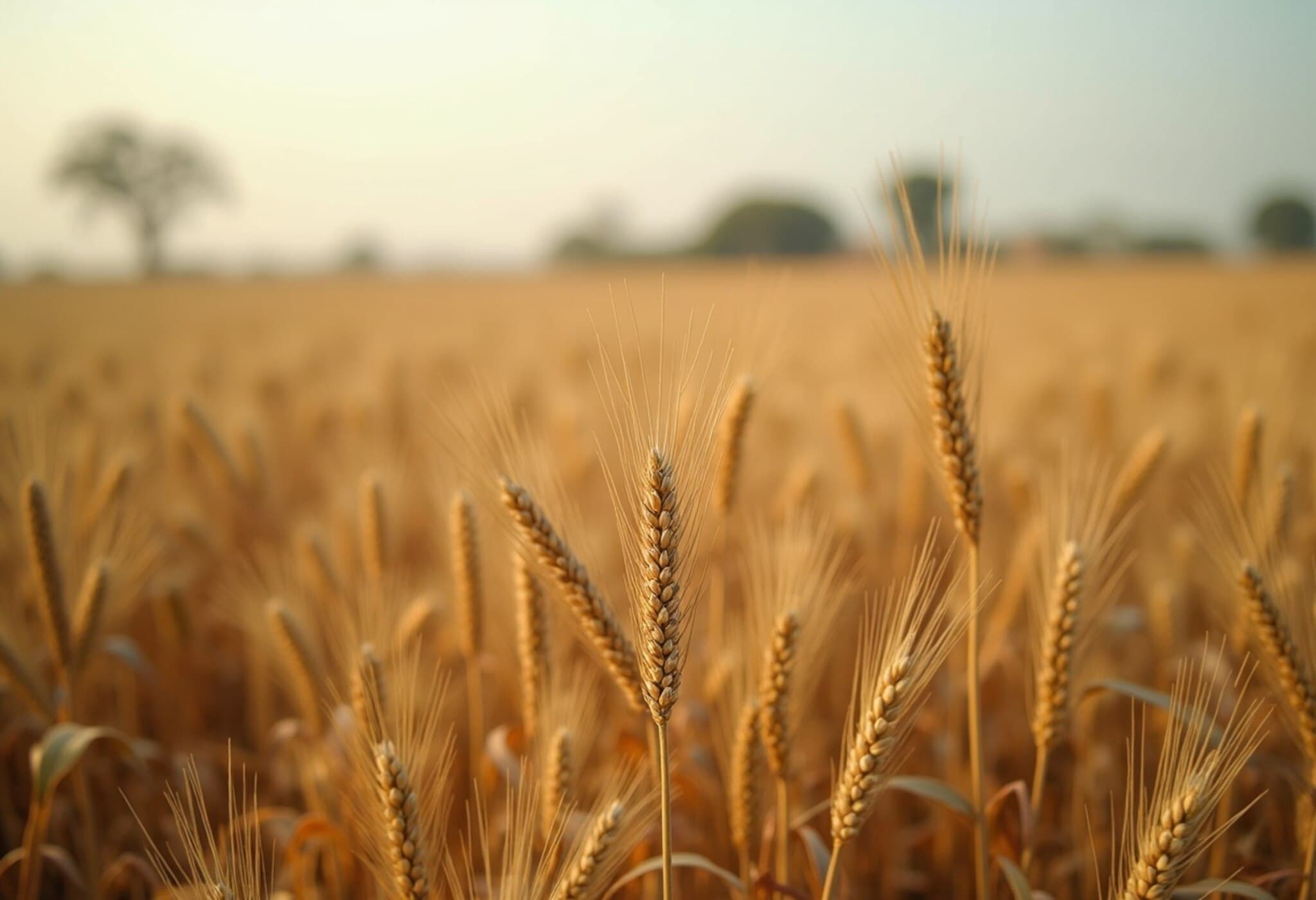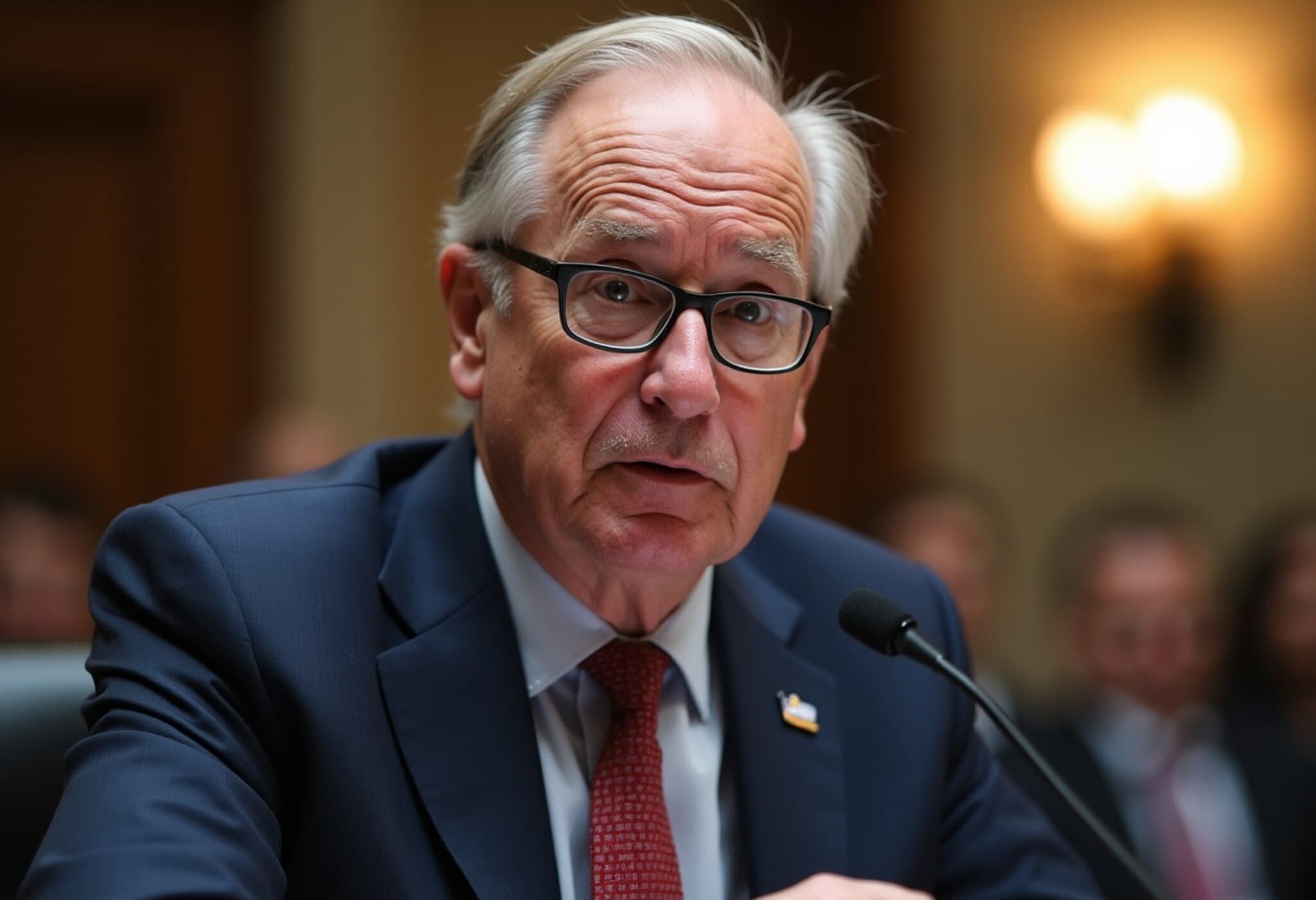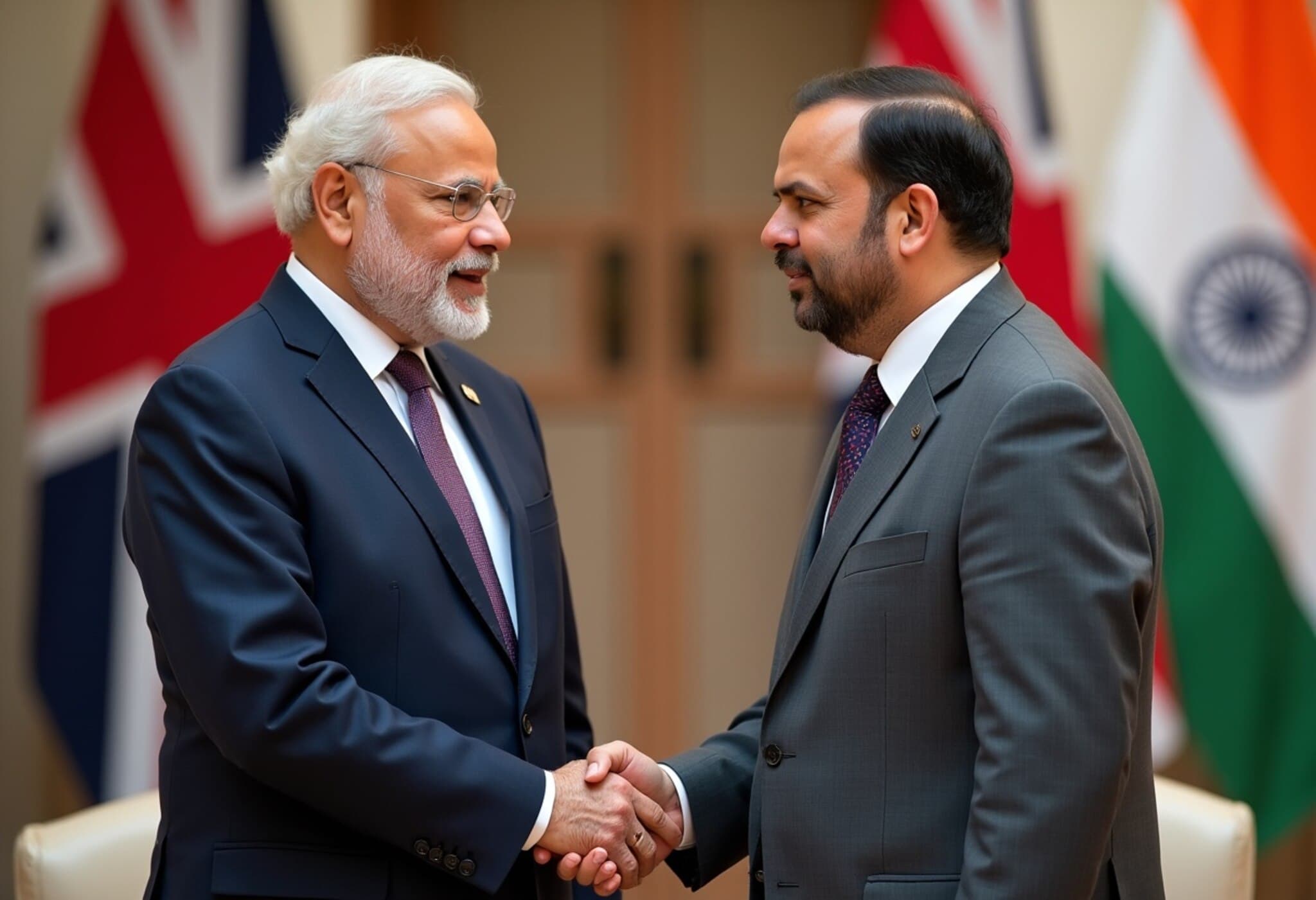Pakistani Farmers Push Back Against New 45% Income Tax on Agriculture
In a clear expression of rural unrest and economic strain, farmers in Sindh, Pakistan’s agricultural heartland, have announced a potential boycott of wheat cultivation in response to a recently introduced 45% income tax on farm earnings. The tax, which the Sindh Chamber of Agriculture (SCA) decries as "unconstitutional, illegal, and unethical", is widely reported to have been imposed under pressure from the International Monetary Fund (IMF).
Legal Action and Boycott Threats Signal Rising Tensions
During a pivotal meeting held in Hyderabad on July 22, 2025, the SCA, led by Dr. Syed Nadeem Qamar, formally condemned the new tax and vowed to challenge it through legal channels. But the resistance does not stop there. The chamber warned of a widespread wheat cultivation boycott, signaling a dramatic escalation in the conflict between farmers and provincial authorities.
Farmers voiced frustration that declining crop prices have made farming barely sustainable, let alone profitable. One common sentiment was that the added tax burden further deepens financial hardships for cultivators already wrestling with shrinking margins. Commentators note that such a policy risks exacerbating food security challenges in a country already grappling with scarcity and inflation.
Farmers Demand Fair Treatment Compared to Industrialists
Challenging the government’s apparent favoritism, SCA leaders contrasted their plight with the tax exemptions granted to industrial sectors. "We are prepared to face imprisonment," the chamber declared, "but we will not pay agricultural income tax." Such rhetoric underscores the depth of farmers’ resolve and the likelihood that protests will intensify unless policymakers reconsider.
Wheat Cultivation Boycott and Crop Diversification Plans
Instead of planting wheat for the 2025-26 season, the SCA intends to encourage farmers to switch to alternative crops like mustard, nigella (kalonji), sunflower, and other oilseeds. This strategic shift reflects both an economic protest and an adaptive measure in the face of inadequate support prices. The chamber has bluntly labeled the upcoming season a "boycott year" for wheat—a staple vital to Pakistan's food security.
Declining Cotton Yields Compound Agricultural Worries
The chamber also sounded the alarm on cotton production, forecasting a steep 40% decline, with total yields projected to fall below four million bales. Despite pledges from the Sindh agriculture minister to set a support price of Rs11,000 per maund, farmers reportedly receive merely Rs6,500, highlighting a severe price disconnect.
Calls for Policy Reforms to Aid Farmers
- Immediate repeal of the 18% local tax on cotton.
- Imposition of a 25% tariff on imported cotton to protect domestic growers.
- Reversal of rising costs on diesel (up PKR 22/liter) and DAP fertilizer (increase of PKR 600/bag) within weeks.
- Extension of subsidies currently applied to sunflower and canola to include mustard and rapeseed crops.
Such demands reflect a desperate attempt by farmers to reverse what they perceive as a deliberate economic squeeze on their livelihoods.
Economic Pressures Threaten Pakistan’s Agricultural Stability
The convergence of soaring input costs and stagnant crop prices is squeezing farm incomes to breaking points. Industry experts warn that continued neglect of the agricultural sector risks undermining rural economies and national food production alike.
The SCA encouraged farmers to enroll in the government's Benazir Hari Card program to access welfare support, signaling recognition that state-led assistance will be crucial in the turbulent months ahead.
Broader Implications and Expert Insights
The standoff between Pakistani farmers and government authorities is emblematic of a global challenge: balancing fiscal austerity demands with the need to sustain agricultural productivity. International financial bodies like the IMF often insist on tax reforms as conditions for aid, yet these measures can, ironically, destabilize the very sectors critical to economic and social stability.
For Pakistan, a nation whose large rural population depends on farming not only for income but survival, these tensions could have ripple effects for food prices, import dependency, and rural livelihoods. The situation invites a deeper policy debate on equitable taxation, crop pricing mechanisms, and input cost regulation.
What’s Next?
The government’s response to this impasse will be critical. Suppressing protests risks intensifying rural alienation, but unilateral policy imposition may deepen financial distress for millions of farmers. Collaborative dialogue, transparent policymaking, and targeted subsidies could pave a way forward.
Editor’s Note
Pakistan’s farmers stand at a crossroads, confronting a tax policy they view as unjust and unsustainable amidst falling crop prices and rising input costs. Their threat to boycott wheat cultivation this season highlights profound systemic challenges in balancing fiscal reform and agricultural stability. As policymakers navigate these turbulent waters, the stakes extend beyond rural Sindh—touching the nation’s broader economic health and food security. Will Pakistan find common ground with its farmers before the sowing season begins?











